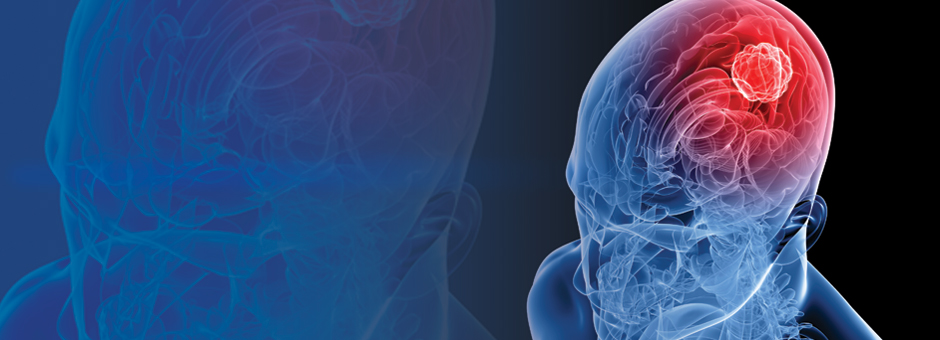Hyperspectral spaceborne imaging of dust-laden flows: Anatomy of Saharan dust storm from the Bodélé Depression
Document Type
Article
Publication Date
4-15-2011
Abstract
We study hyperspectral images of the Bodélé Depression in Northern Chad, acquired by the Hyperion sensor onboard EO-1 spacecraft. Relative abundances of four major mineral components are obtained on a pixel-by-pixel basis and we report on the comparison of images of a dust storm with the same areas on a calm day. Minerals lifted and suspended particles downwind of a dust source are thus identified. Linear Spectral Unmixing (LSU) decomposition results for the calm condition match those of our field study. LSU calm vs. stormy comparison, based on absorbance features, highlight the spectral contrast. Despite low contrast above bright areas, morphological dissimilarity is evident via the wave and tongue-like features, aligned with the prevailing northeasterly winds. We analyze the longest part of shortwave infra-red (2080–2380 nm) wavelengths where the atmosphere is transparent, optical properties are stable, and absorption features of hydroxyl-bearing minerals, sulfates, and carbonates are pronounced. The results of our spectral analyses reveal that clay minerals may be used as tracers for atmospheric dust monitoring even above bright areas. Such clay minerals include kaolinite, illite-moscovite, and Fe-rich nontronite.
Publication Title
Remote Sensing of Environment
Recommended Citation
Chudnovsky, A.,
Kostinski, A. B.,
Herrmann, L.,
Koren, I.,
Nutesku, G.,
&
Ben-Dor, E.
(2011).
Hyperspectral spaceborne imaging of dust-laden flows: Anatomy of Saharan dust storm from the Bodélé Depression.
Remote Sensing of Environment,
115(4), 1013-1024.
http://doi.org/10.1016/j.rse.2010.12.006
Retrieved from: https://digitalcommons.mtu.edu/physics-fp/201


Publisher's Statement
© 2010 Elsevier Inc. All rights reserved. Publisher's version of record: https://doi.org/10.1016/j.rse.2010.12.006